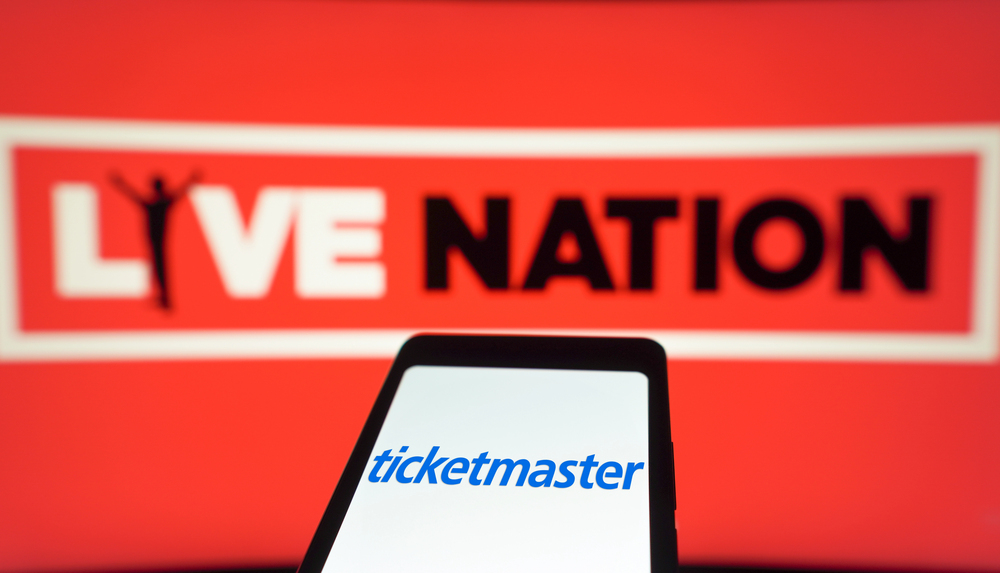
The Federal Trade Commission (FTC) has sued Ticketmaster and parent Live Nation for deception against performing artists and consumers on price as well as ticket limits. Many web fans who wish to attend performances of their favorite artistes have had to pay higher and hidden costs. Attorney Generals from seven states also joined the lawsuit filed by the FTC.
The lawsuit has been filed in the U.S. District Court of California. Attorney Generals from Colorado, Illinois, Utah, Nebraska, Virginia, Florida and Tennessee have also joined the lawsuit filed by the FTC.
The complaint filed alleges that both Ticketmaster and Live Nation entered into tacit agreements with brokers who were allowed to get tickets worth millions of dollars. Meanwhile web fans were either facing limited access or had to buy tickets at higher rates from the secondary markets.
According to the lawsuit Ticketmaster and Live Nation were also accused of deceiving artists and consumers who used their site for shows and events. They used bait-and-switch pricing where tickets were advertised at lower prices while setting limits on the number of tickets web fans could purchase. However, brokers could buy more than these limits. The brokers then sold these tickets on resale platforms.
The suit also said that brokers used false accounts to buy tickets worth millions of dollars. The same tickets are then sold on the Ticketmaster platform with higher markups. Ticketmaster gained additional revenues from the fees it collected from the sale of the above tickets. The FTC also says that Ticketmaster controls over 80 percent of primary ticketing at major concert venues across the nation.
FTC Chairman Andrew Ferguson said that President Donald Trump’s executive order emphasized that the federal government had to “protect Americans from being ripped off when they buy tickets to live events.”
Earlier, the Biden administration took action to ban junk fees. Ticketmaster was required to display the full price of a ticket from the moment web fans started shopping for tickets. This rule came into effect in May.


